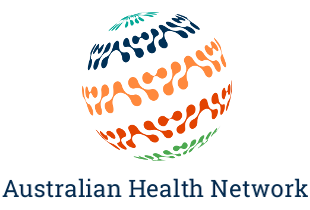What a wonderful evening and well-attended event for our provocative discussion on Quality and Safety in Oz!
A stimulating conversation ensued with Euan Wallace (CEO Safer Care Victoria), Carrie Marr (CEO Clinical Excellence Commission) and Bill Runciman (Professor of Patient Safety, University of S.A.), moderated by Andrew Way (CEO, The Alfred), on Monday 18th September. The discussion was wide ranging, from the role of national, state and local organisations focused on quality and safety to covering opportunities for individual clinicians, with the following key points.
- Improving quality and safety is about measurement of outcomes that are meaningful to patients, family and clinicians. It’s about engaging the consumer and presenting information in a user-friendly way;
- Education of the clinical workforce is not enough to overcome the indoctrination that occurs within clinical tribes. Clinicians, today, aren’t getting the patient interaction required and they’re delivering outcomes based on what the systems demand. It’s not currently about quality and care and this has to change;
- To really make our health system safe and deliver quality care, the overall culture of health care organisations must be addressed;
- There’s a difference between capacity building vs. capability building. It can’t just be hospital-based quality care anymore: it’s about the community and staying at home. We need to develop a new integrated model and reward new / different behaviour;
- Technology will be an enabler: from the electronic medical record to Artificial Intelligence; and
- To ensure great care for the consumer, every member of the workforce needs to understand the cost, the value of the intervention and work towards a value-based healthcare system.
When asked by Andrew “what can we do to change things”, Bill, Euan and Carrie volunteered:
- We need to properly inform the carers and clinicians. We’re not exploiting technology, education and other components to inform the people involved and attain a transparent system;
- We should be measuring and reflecting on patient experience, not just a volume-based system. We need to ‘hear’ the patient voice and use it in real time; and
- It’s about people: local, teams and organisations. We need a different form of emotional intelligence. We’re losing the sense of providing care. You have to recognise the desires and needs of your team.
Many thanks to our excellent sponsor EY and to the clinicians, health managers and thought leaders who posed critical questions and kept the conversation going after the panel session ended.


